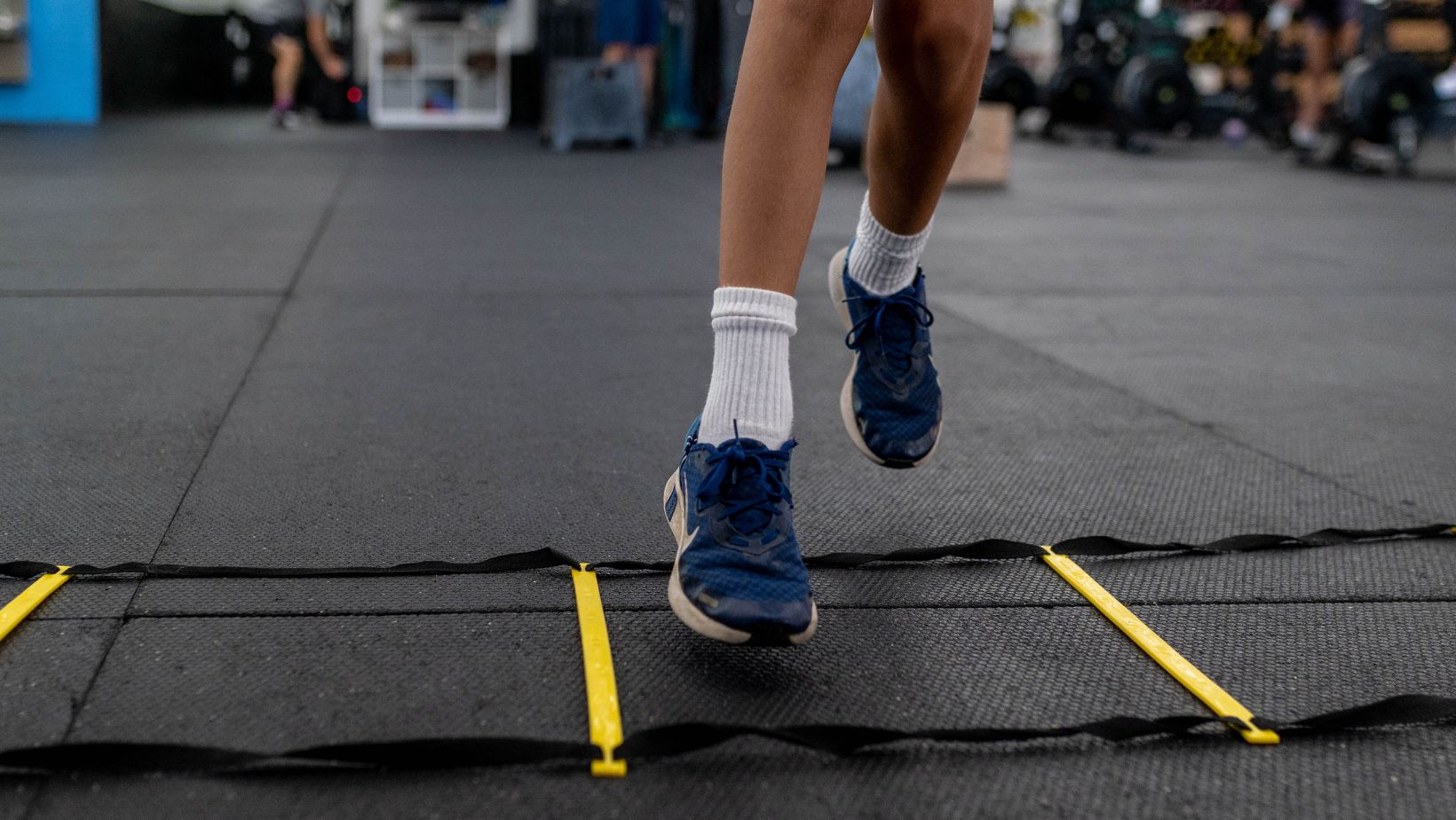Sport and Performance Psychology
Sport and performance psychology explores the psychological factors influencing athletic and non-athletic performance. It delves into mental processes, such as motivation, focus, and confidence, that affect an individual’s ability to perform. Psychologists in this field design tailored interventions to help people overcome mental barriers and enhance their overall performance.
Incorporating techniques like imagery and self-talk, sport psychologists assist individuals in developing mental resilience. When adopted, these methods can improve coping strategies, allowing athletes and performers to manage stress and pressure effectively. Emphasizing mental strength, these techniques prepare individuals for competitive environments.
Another vital area in sport psychology is goal setting. Setting specific, measurable, achievable, relevant, and time-bound (SMART) goals enables individuals to maintain direction and stay motivated. Well-structured goals provide a framework for tracking progress and fostering a sense of accomplishment, boosting confidence and determination.
Team dynamics also play a crucial role. Understanding how team interactions affect performance helps in crafting strategies that enhance cooperation. When cohesive team environments are promoted, athletes experience increased satisfaction and productivity.
Sport and performance psychology remains essential in both amateur and professional domains. It’s applicable not only to athletes but also to performers in fields like music or business, where mental resilience and focus are key to success. The expanding recognition of its impact highlights the importance of psychological training alongside physical preparation.
Key Concepts In Sport And Performance Psychology
Sport and performance psychology delves into mental strategies crucial for optimizing performance across domains. Key concepts highlight how psychological skills enhance both individual and team success. Motivation drives athletes’ commitment to their training and competition goals.  Clear objectives shape motivation, particularly through SMART goals (Specific, Measurable, Achievable, Relevant, Time-bound). This structured approach provides direction and enhances persistence. For instance, a runner aiming to improve their 10K time sets incremental goals for pace and endurance.
Clear objectives shape motivation, particularly through SMART goals (Specific, Measurable, Achievable, Relevant, Time-bound). This structured approach provides direction and enhances persistence. For instance, a runner aiming to improve their 10K time sets incremental goals for pace and endurance.
Concentration and focus are essential for peak performance. Athletes develop techniques to maintain attention and block distractions. Techniques like mindfulness and routines help sustain focus during competition. A golfer, for example, might use breathing exercises to stay calm and avoid intrusive thoughts before a critical putt. Anxiety and stress management are pivotal in sport psychology. Athletes learn to regulate stress responses to enhance mental toughness. Methods like cognitive restructuring and relaxation techniques help mitigate performance anxiety. Before a big game, a basketball player might employ visualization to reduce nerves and maintain composure under pressure.
Techniques And Strategies
Techniques in sport and performance psychology boost mental acuity and enhance competitive edge. Strategies such as visualization and self-talk empower athletes to optimize performance. Visualization involves creating mental images of successful performance scenarios. This technique sharpens focus and goal clarity by allowing athletes to imagine executing tasks with precision. Studies suggest that combining physical practice with visualization improves performance metrics. Athletes frequently use imagery to simulate competition environments, enhancing readiness and reducing anxiety. For example, before a game, a basketball player might picture making successful shots, increasing confidence and accuracy during actual p lay.
lay.
Self-talk comprises internal dialogue influencing emotions and behavior. Positive self-talk encourages confidence by reinforcing capabilities and purpose. Effective self-talk improves focus, enhances mood, and maintains motivation. Athletes employ structured phrases like “I am prepared” to boost morale before competitions. Confidence building through self-talk involves challenging negative thoughts and replacing them with affirmations, fostering a resilient mindset. By consistently practicing positive self-talk, athletes can mitigate stress and elevate their performance levels.
Sport and performance psychology plays a pivotal role in optimizing athletic performance by addressing the mental components of competition. As athletes and coaches increasingly recognize the value of mental strength, the field continues to gain prominence. Techniques like visualization and self-talk, along with tailored interventions, empower athletes to overcome mental barriers and enhance their performance. The integration of technology and mindfulness-based interventions further enriches this discipline, offering innovative ways to boost focus and resilience. By embracing a holistic approach that combines traditional methods with modern advancements, sport and performance psychology remains essential for achieving success in sports and beyond.

